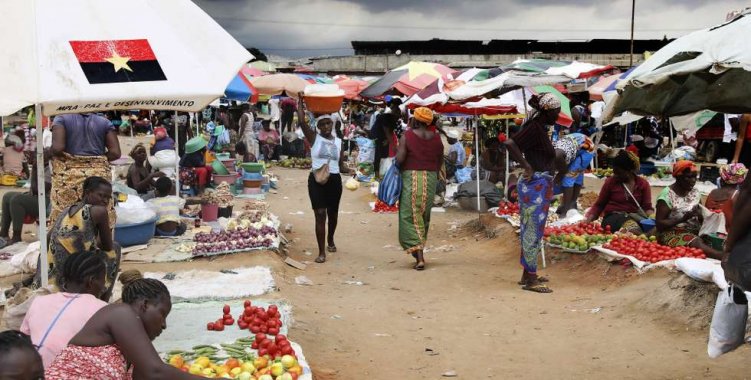The ADB places the estimated earnings for Angola at two and a half thousand dollars per year, the second data consisting of a chapter dedicated to "opportunities for the development of entrepreneurial capital" in the report of the Economic Outlook for Africa for 2025, released in our annual meetings of the institution that will end in the sixth fair, in Abidjan, Marfim Coast.
"Analyses assume that 75 percent of the size of the informal economy — comparing African countries and developing countries with better performance — can be formalized and, therefore, taxed," the bank details.
In total, the transition of informal companies to the formal economy "will be able to generate around 125.3 billion dollars in additional revenues for development financing," adds.
The highest estimates of lost revenues are concentrated in the largest economies on the continent: South Africa (20.4 billion dollars), Algeria (16.3 billion dollars), Egypt (15.6 billion dollars) and Nigeria (8.8 billion dollars).
The promotion of the informal economy was one of two issues in focus this year, dedicated to the theme "Making the most of Africa's capital" – an urgent appeal for the reduction of international financing for development, which the ADB specifies, a report headed by the Trump administration in the USA.
At this point, it becomes even more important to be able to pay taxes on informal activities, offering social protection and other state counterparts, as well as access to more credit instruments.
"As African populations possess a strong entrepreneurial spirit, but higher regulatory mandates, a fraco entrepreneurial ecosystem and other structural barriers empurraram a majority for the informal economy", street vendors, small farmers and micro and small businesses, descreve or bank.
"The impact can be dynamic: as information companies transition to the formal economy, they will have access to better conditions that support growth, further extending the tax base and increasing the global revenue potential," considers the ADB.
The publication provides examples to follow.
"A relatively advanced technology in Quenia alleviates the difficulties", the simplified regime of payment through a portal (iTax) and when there are arrears "fines and taxes are collected", discouraging new arrears.
The same type of system is applied in Tanzania, calculated from the volume of registered businesses and, "when there are no records, the volume is estimated" progressively.
"No Gana, the authorities use local associations and business groups to collect taxes from their members," he adds.
"In addition to fiscal receipts, formalization offers substantial potential to increase Africa's GDP and improve its well-being by increasing productivity," ADB concluded.







